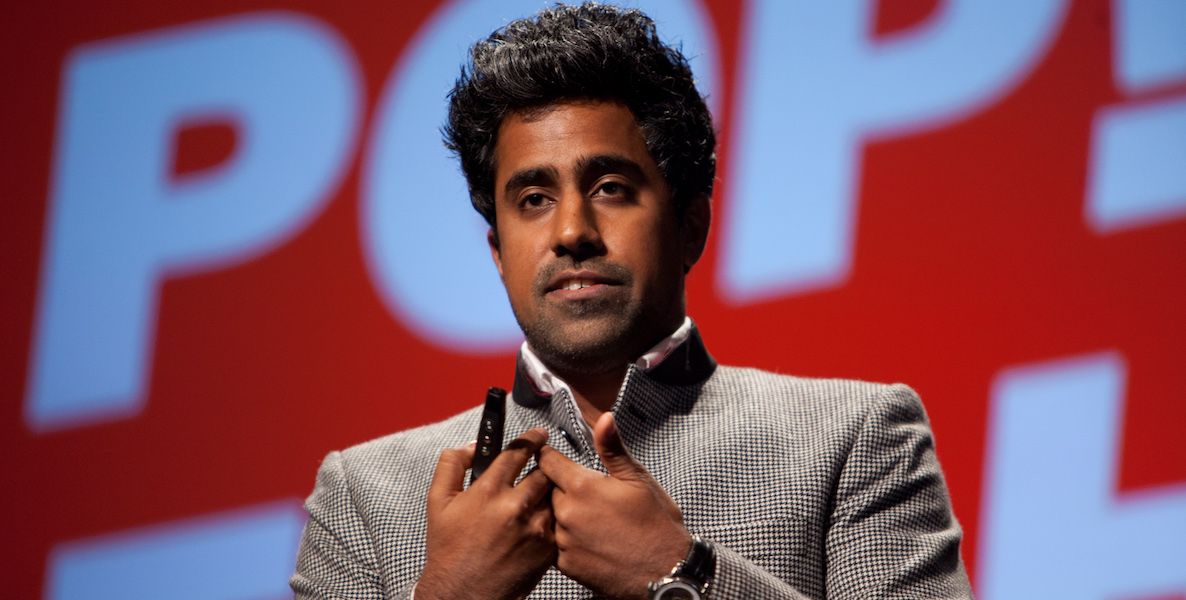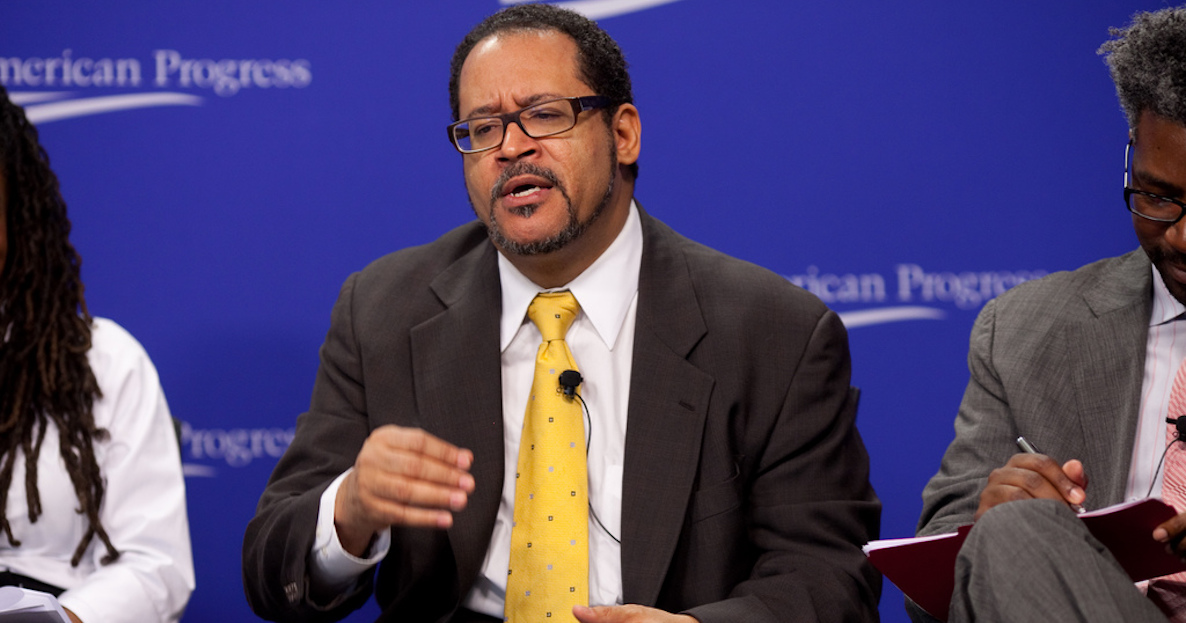[Ed note: The Citizen is hosting its inaugural Ideas We Should Steal Festival on November 30th, at Drexel University’s Mandell Theater. Chris Hughes will talk with bestselling author Anand Giridharadas on creating economic equity in Philly and elsewhere. See here for tickets and info.]
We live in the richest country on Earth at its richest moment in history, even though it might not feel that way to most people. That’s because nearly half the wealth in our country sits in the mansions, private planes, and bank accounts of the ultra-wealthy. Not since the Gilded Age have we lived in an era when so much wealth has been controlled by so few. The reforms of the Progressive Era, the New Deal, and the Great Society ushered in a long, stable period of shared abundance. But in the late 1970s, that pivotal moment when we changed some of the fundamental structures of our economy, the wealth share of the richest families in the United States began to grow, and the trend has not abated. Today, the top one percent of Americans controls nearly 40 percent of the wealth in our country—one and a half times more wealth than the entire bottom 90 percent own.
The debunked “trickle-down economics” of the 1980s created the most unequal economy in over a century. We now know that prosperity in America does not flow from low taxes on the ultra-wealthy, but mostly from growth in consumer spending. When middle-class families make money, they spend money, fueling economic growth and improving the lives of everyone—the poor and the wealthy alike. Studies show that when a cash strapped person gets an extra $100, they’re likely to spend it on rent, utilities or groceries. By contrast, a wealthy person who gets the same $100 might spend a few dollars of it, but would inevitably put most of it in the bank.
Asking the wealthy to pay their share would mean that the richest 5 million families in America would pay for a guaranteed income that would help more than 40 million families—about 90 million people—who are struggling to make ends meet.
A recent study by the Roosevelt Institute, a prestigious economic think tank, shows that if we provided Americans with a guaranteed income of $500 a month, financed through a combination of taxes on the wealthy and moderate deficit spending, the American economy would grow by an additional 7 percent over the next eight years. That would mean an additional point of GDP growth each year, a significant boost to an economy that has grown at about 2 percent annually over the last several years.
![]()
The good news is that we have more than enough money to pay for a guaranteed income to working families while strengthening our existing safety net. A boost of $500 per month to every adult living in a household that makes less than $50,000 would add an additional $290 billion a year to the federal budget, less than half of what we already spend on defense and significantly less than Social Security or Medicare. There are many ways to finance a benefit of this magnitude.
The simplest and best way forward is to ask the top earners in our country, people like me who have benefited massively from the new economic forces, to pay a small part of our fortune forward. A surtax on the one percent isn’t pitchforks coming for the rich or punishment for prosperity. We all benefit from a society that is more just and fair. Doctors, lawyers and small-business owners across America all do well and may be seen as rich in their respective communities, but they are not the people who should pay. It’s people like me.
Asking the wealthy to pay their share would mean that the richest 5 million families in America would pay for a guaranteed income that would help more than 40 million families—about 90 million people—who are struggling to make ends meet.
Prosperity in America does not flow from low taxes on the ultra-wealthy, but mostly from growth in consumer spending. When middle-class families make money, they spend money, fueling economic growth and improving the lives of everyone—the poor and the wealthy alike.
The bumper-sticker promise would be simple: if you work to make your country better, your country will take care of you. Every American who lives in a household that makes less than $50,000 and who works in the formal economy, does caregiving at home, or who is enrolled in school would receive a guaranteed income of $500 a month. The wealthy won’t get the benefit, and only the richest of the rich will pay for it.
![]()
The people who have benefited the most from the new economy have a particular responsibility to think boldly about economic fairness. After Facebook’s IPO, my husband and I came into hundreds of millions of dollars, even though we weren’t yet 30 years old. We agreed then to give away the vast majority of the money to efforts that might leave the world a more just place than the one we inherited. That has taken many paths for both us—direct philanthropy, political activism, and unexpected byroads like the one I took to try to shore up the civic pillar of high-quality journalism. Some have been successful, and some have not. But today, when it feels like the very foundations of our democracy are at risk, we both feel the urgency of this commitment more than ever. I believe the fight for a guaranteed income, alongside the defense of the safety net, are the most urgent and important challenges we face today.
Excerpt from Fair Shot by Chris Hughes. Copyright © 2018 by the author and reprinted by permission of St. Martin’s Press.
Photo: Doc Searls via Flickr






